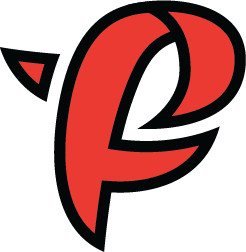JSON Integration with HTTP Routing¶
This is detailed in more depth in the HTTP Requests, HTTP Responses and Message Body Components sections of the documentation.
Requests¶
When using a custom “request” case class as a route callback’s input type, Finatra will parse the incoming request body into the case class using the server’s configured ScalaObjectMapper.
Similar to declaratively parsing a GET request (described above), Finatra will perform validations and return a 400 BadRequest with a list of all accumulated errors in JSON format.
Suppose you wanted to handle a POST of the following JSON (representing a group of tweet ids):
{
"name": "EarlyTweets",
"description": "Some of the earliest tweets on Twitter.",
"tweetIds": [20, 22, 24],
"dates": {
"start": "1",
"end": "2"
}
}
You could create and use the following case classes:
import jakarta.validation.constraints.{NotEmpty, Past}
import java.util.Date
case class GroupRequest(
@NotEmpty name: String,
description: Option[String],
tweetIds: Set[Long],
dates: Dates) {
case class Dates(
@Past start: Date,
@Past end: Date)
This case class could then used as the input to a Controller route callback:
post("/tweets") { request: GroupRequest =>
...
}
Responses¶
To return a JSON response you can simply return a case class as the return of your route callback. The default behavior will be to render this case class as a JSON response.
See the HTTP Responses section for more information.
